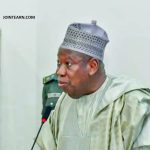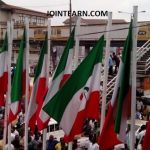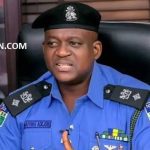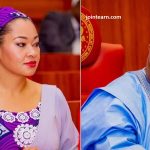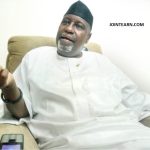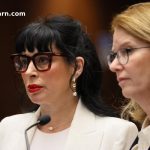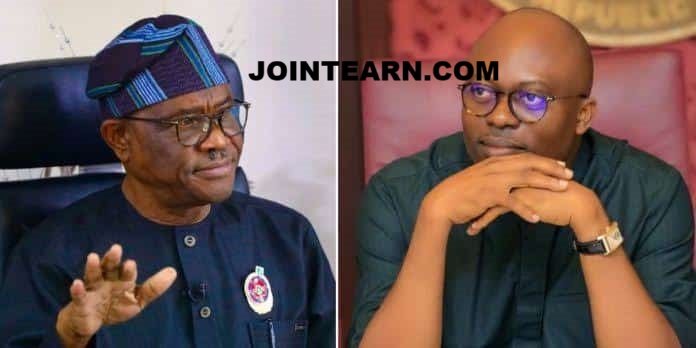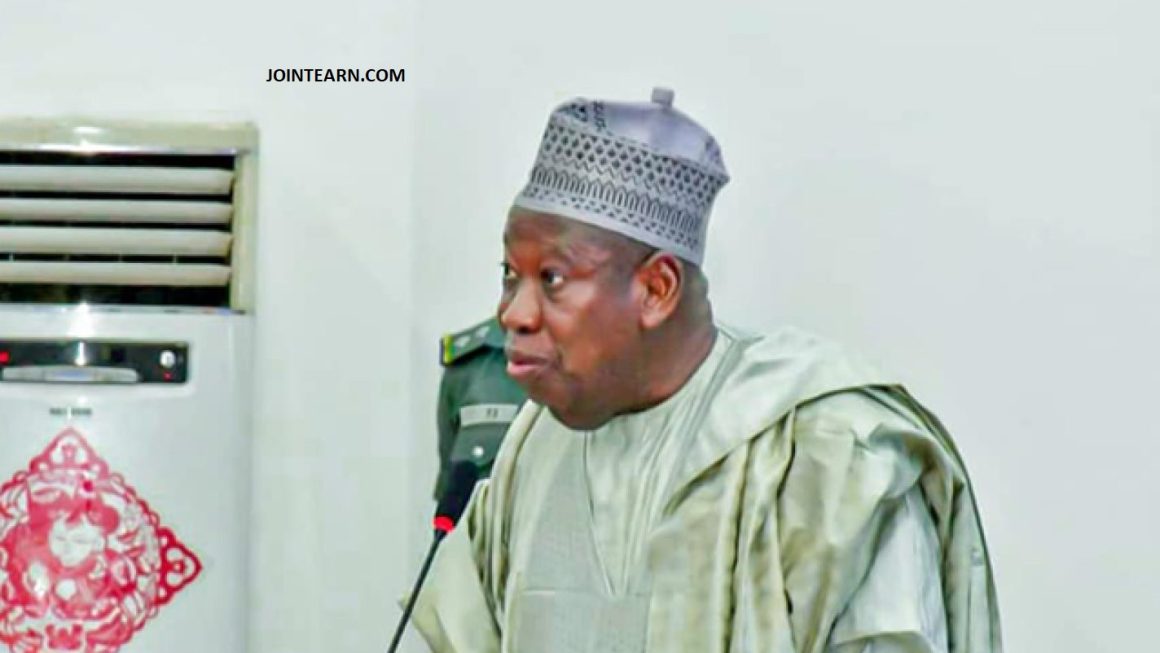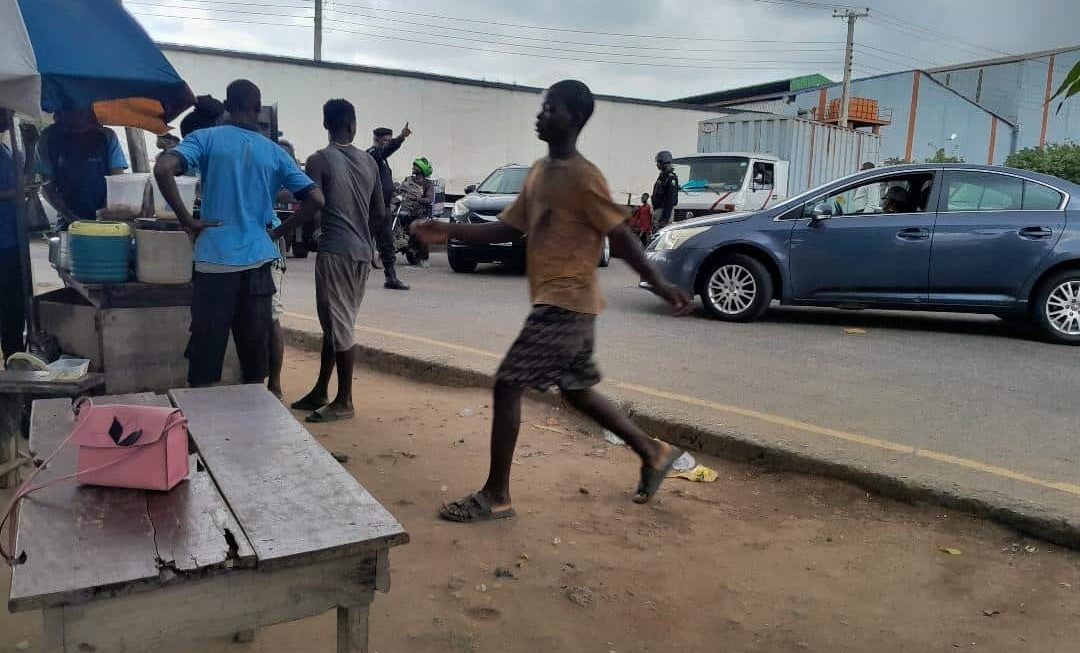In a recent statement that has stirred political conversations across the country, Fubara, a prominent political figure, raised concerns about the actions of key political leaders regarding his potential return as Governor. The remarks, directed at high-profile figures such as President Bola Tinubu and Rivers State Governor Nyesom Wike, reflect growing tension and uncertainty surrounding political alliances and leadership decisions.
Fubara’s statement came in the aftermath of speculation and media reports about his political future. As a political leader closely associated with the administration of the previous governor, Fubara has found himself at the center of attention following his questioning of the motives behind certain political meetings. His inquiry into the significance of meetings between Tinubu and Wike has added fuel to the fire, prompting debates about the role of power dynamics in the current political landscape.
In his public remarks, Fubara expressed skepticism about the reasons for such meetings, especially if the intention was not to support his return to power. He pointed out that if key political figures like Tinubu and Wike were truly uninterested in his political resurgence, their interactions with him would have been vastly different.
“I have always been a supporter of collaboration and unity in politics, but it’s crucial to understand the motivations behind the decisions made by those who hold significant influence,” Fubara said. “If you don’t intend to support my return, why meet with me in the first place? What’s the purpose of such discussions if not to discuss my role in the future governance of the state?”
This statement has sparked a broader conversation about the delicate balance of political power, loyalty, and strategy. Tinubu, a key figure in Nigeria’s national politics, and Wike, whose influence in the South-South region is significant, are both seen as individuals who shape political outcomes. Fubara’s remarks suggest a level of disillusionment with the political process and the leaders who play pivotal roles in shaping the future of state and national politics.
Fubara’s questioning also touches on the often complex relationships between governors, political allies, and national figures. These relationships, which are often governed by shared interests, regional considerations, and political strategies, can sometimes lead to conflicting agendas. The recent development highlights how political leaders who might seem united on the surface may have underlying motives that do not always align with the public or even their purported allies.
For many, the question of whether Fubara should return as governor remains contentious. While some believe that his experience and connections are essential to the state’s political stability, others argue that a fresh leadership change is necessary to move the state in a new direction. Fubara’s discontentment with the political discussions surrounding his future reflects the broader dissatisfaction among some political actors with the current state of leadership in the region.
The meeting between Tinubu, Wike, and Fubara, though shrouded in ambiguity, is seen by some as a diplomatic effort to resolve lingering political questions. Others, however, perceive it as a maneuver to solidify power and control over the political landscape of the state. This dynamic underlines the intricate nature of political alliances, where even seemingly casual meetings may have far-reaching consequences.
Political analysts have weighed in on the situation, noting that Fubara’s public comments could be a tactical move to garner public sympathy or rally support for his cause. By questioning the intentions of such powerful figures, Fubara may be positioning himself as a defender of political integrity, suggesting that the true purpose of his leadership should be based on a commitment to the people rather than mere political calculations.
On the other hand, some analysts argue that Fubara’s remarks could be an attempt to put pressure on Tinubu and Wike, hoping to extract clearer commitments from them regarding his future. By calling into question the sincerity of their meetings, he may be trying to provoke a response that will clarify the direction of his political career.
However, the situation remains fluid. As political figures in Nigeria continue to navigate shifting alliances, the outcome of these interactions is uncertain. Fubara’s next moves will likely depend on how he assesses the responses from the key figures involved in his political future, as well as how the public reacts to his statements.
What is clear, however, is that the political landscape in Nigeria remains unpredictable, with leaders like Fubara, Tinubu, and Wike continuing to play crucial roles in shaping the country’s governance. As political alliances evolve, the stakes for power and influence grow, making every political maneuver a potential game-changer.
Fubara’s remarks also serve as a reminder of the complexities of Nigerian politics, where power dynamics often involve personal alliances, regional considerations, and a delicate balance of national interest. For now, it remains to be seen how the unfolding political drama will shape the future of leadership in Rivers State and the country at large.
